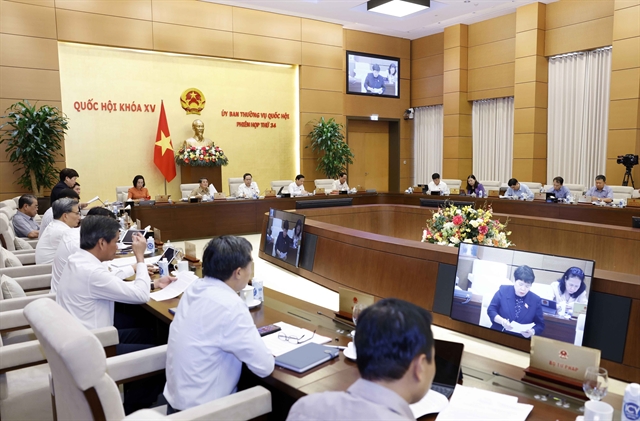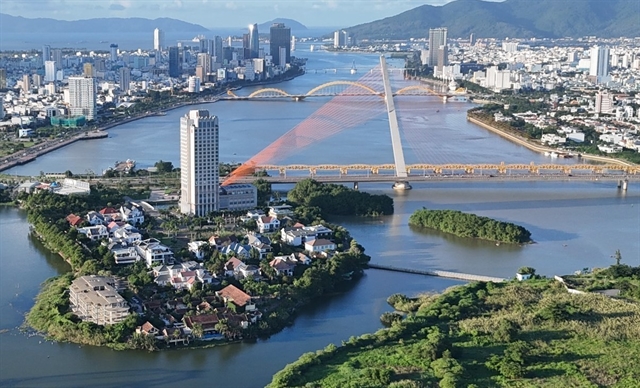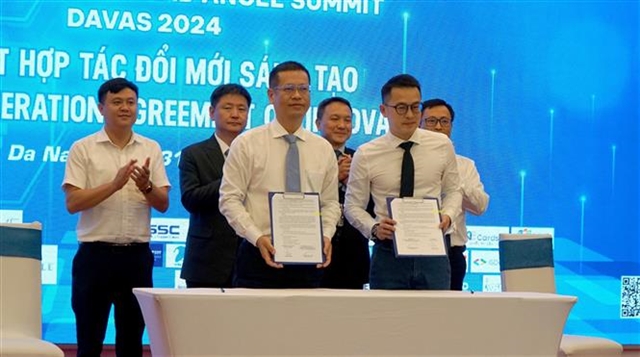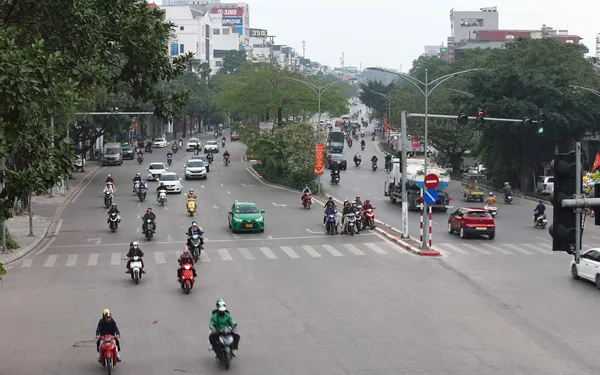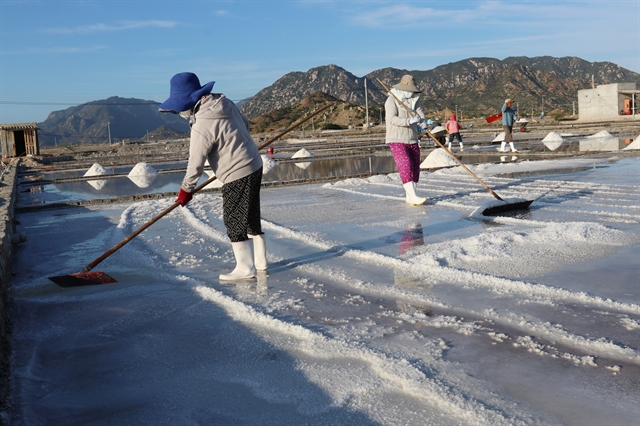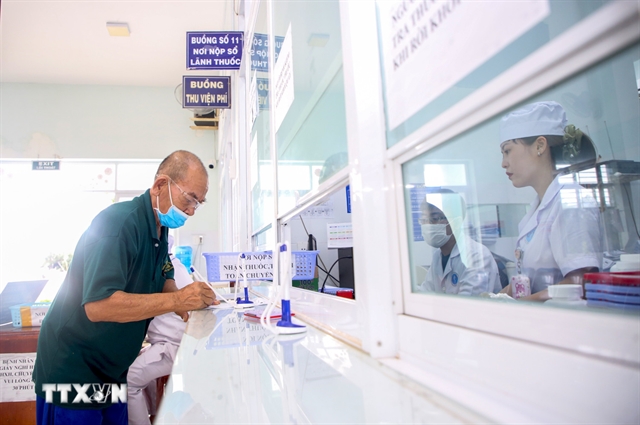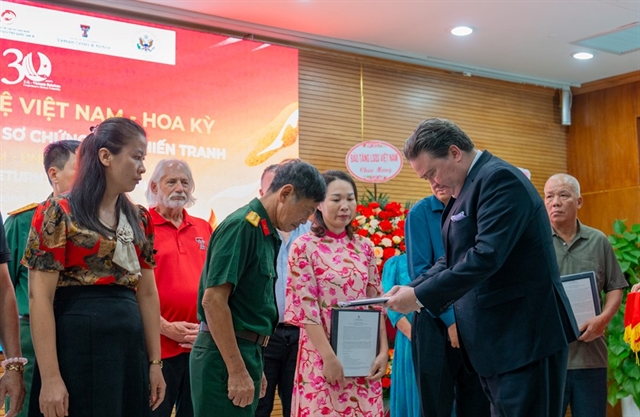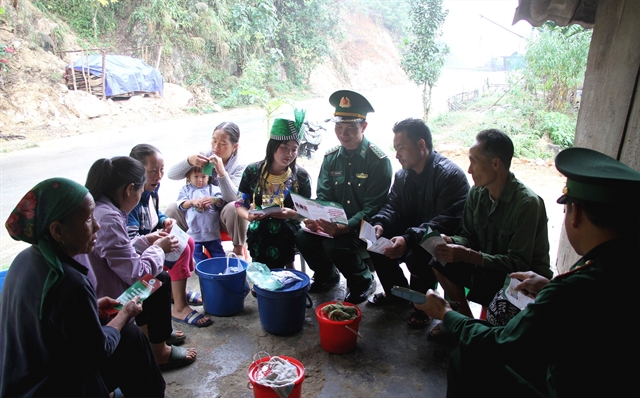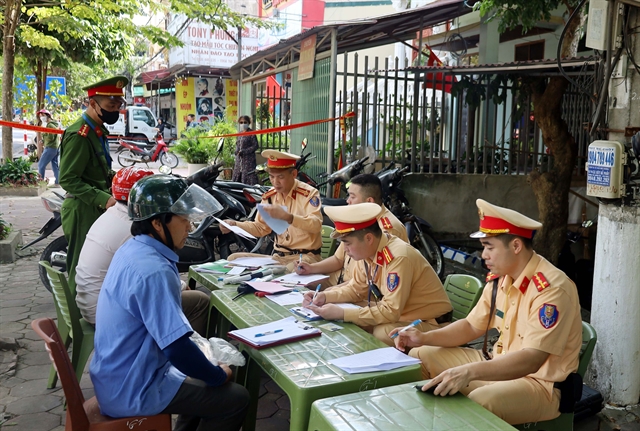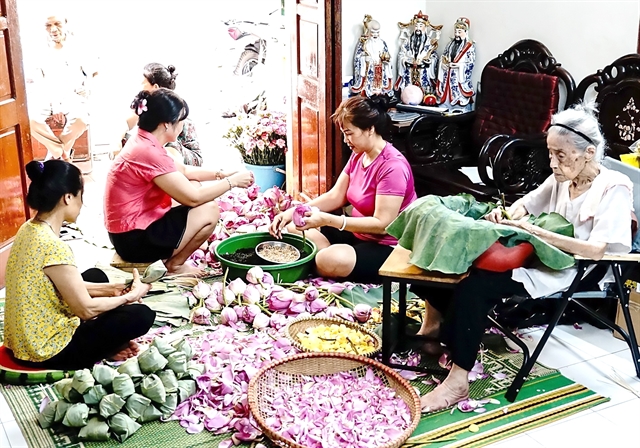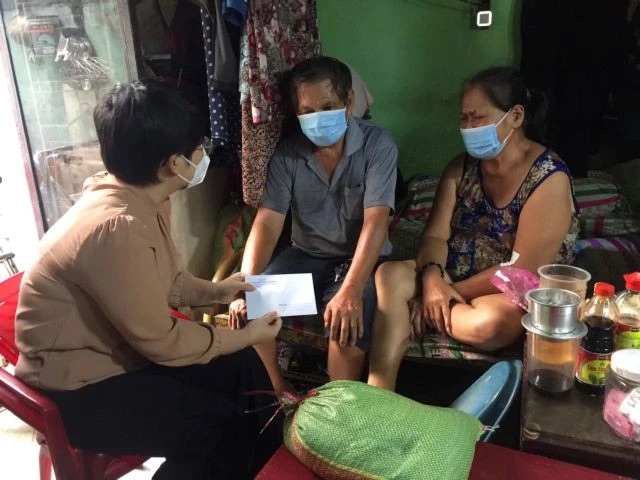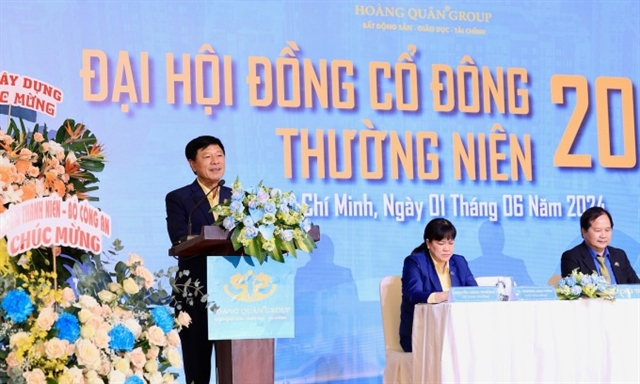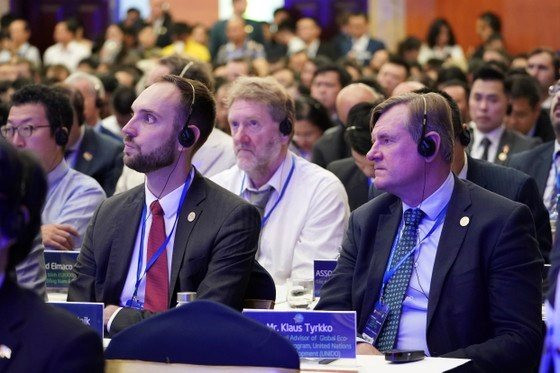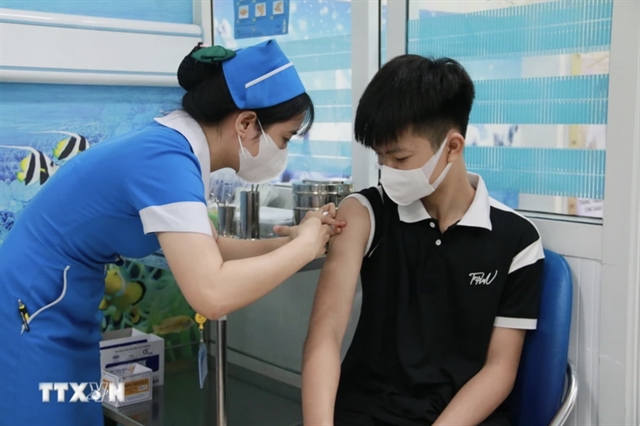
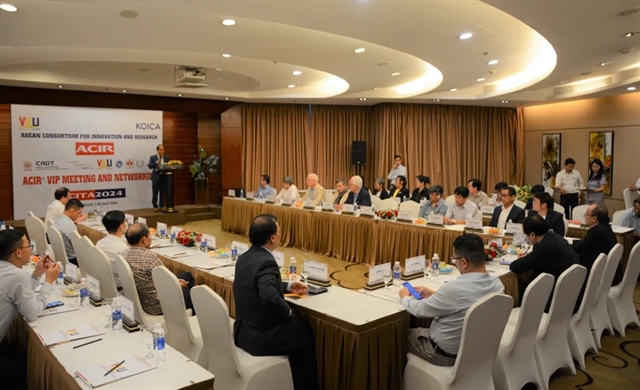 |
| The second ASEAN Consortium for Innovation and Research (ACIR) plus forum in Đà Nẵng city on July 18. VNA/VNS Photo |
ĐÀ NẴNG – The second ASEAN Consortium for Innovation and Research (ACIR) plus forum was held in the central city of Đà Nẵng on July 18, aiming to promote the quality of training, innovation, and scientific research.
The ACIR+ 2024, held by the Việt Nam - Korea University of Information and Communication Technology (VKU) under the University of Da Nang, gathered some of the world’s leading scientists in information technology, communications, and digital economy from major universities of the UK, Poland, the Republic of Korea, Ireland, France, Germany, and Southeast Asian countries.
At the forum, representatives of seven ACIR member units talked about ideas of jointly holding in-depth conferences and workshops on training areas. Participants also listened to Việt Nam and other countries’ leading professors sharing innovation and scientific research-related experiences.
In his opening speech, VKU Rector Assoc. Prof. Dr Huỳnh Công Pháp said that with the participation of top experts from many countries and support from international organisations, the ACIR+ 2024 was a meaningful forum for sharing knowledge, experience, and new initiatives. It affirms the VKU’s pioneering role in fostering innovation and improving the training quality, while also demonstrating the solidarity and cooperation of the regional and international academic community.
Academic and scientific research cooperation activities among ACIR members and international partners are also generating positive results, opening up many sustainable development opportunities for universities and their students and also contributing to the development of education and scientific research in Southeast Asia and the world, Phap added.
The ACIR was initiated by the VKU in 2023 with support from the Korea International Cooperation Agency (KOICA) and foreign scientists. It looks to enhance cooperation to improve the quality of training, innovation, and scientific research in the region, and attract new ideas. VNS
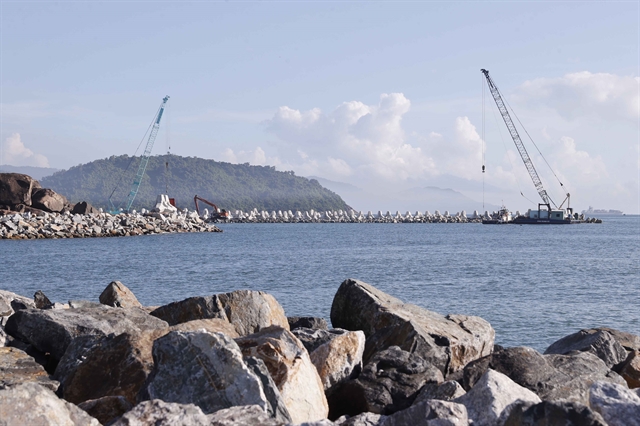
.jpg)
